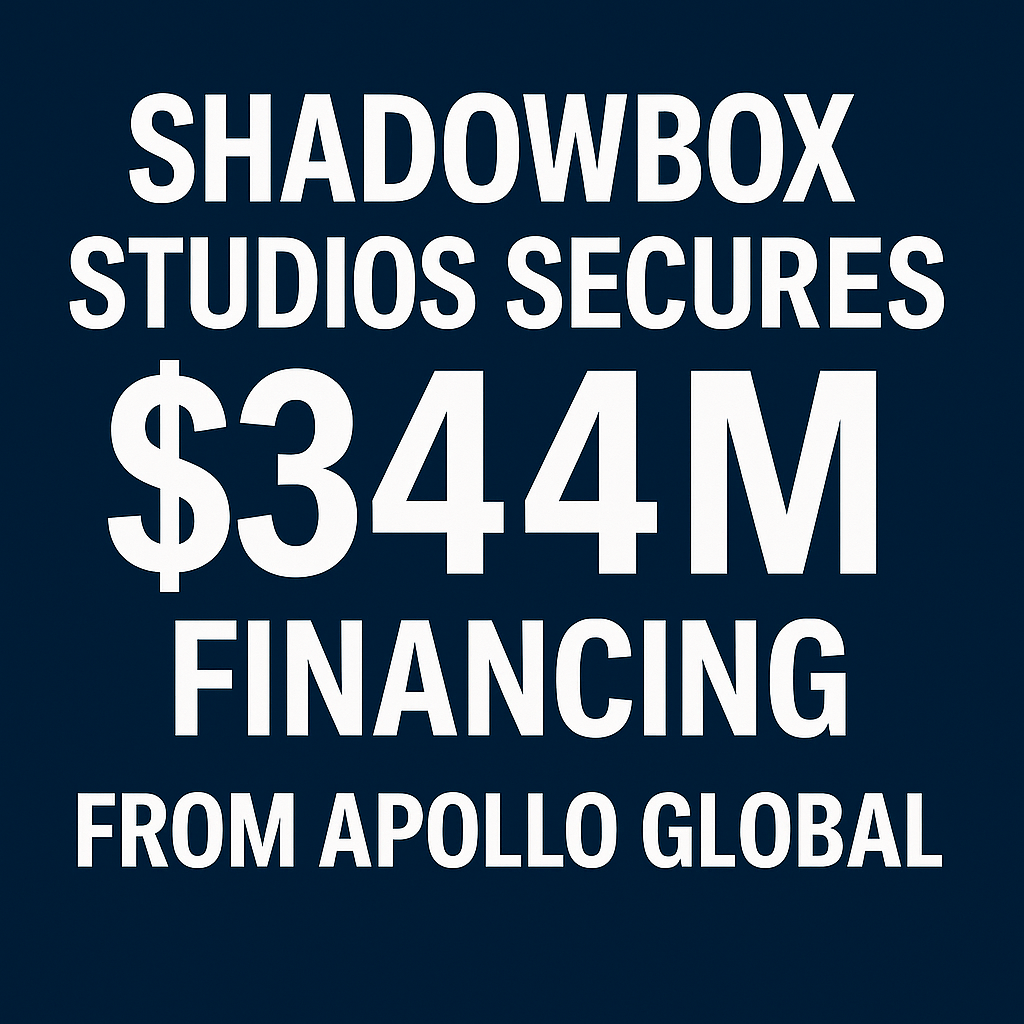California lawmakers are gearing up to enhance the state’s film and TV incentive, making it more attractive for individual productions while also doubling the overall size of the program.
During a press conference on Wednesday, legislators unveiled two companion bills — AB 1138 and SB 630 — aimed at boosting the state’s competitiveness against other regions. Several speakers highlighted how states like Georgia and New York have aggressively improved their tax rebates to attract the industry.
“We won’t let that happen without a fight,” declared Assemblyman Isaac Bryan, one of the sponsors of the Assembly bill.
Alex Aguilar, the business manager of Laborers Local 724, expressed concern for his members, advising them to consider career changes if they don’t secure work soon.
“We have many people who are losing homes and leaving the state,” he noted. “They no longer believe there is a future in the entertainment industry.”
In October, Governor Gavin Newsom announced plans to increase the program’s funding from $330 million annually to $750 million, although he did not propose any additional changes at that time.
Bryan, along with Senator Ben Allen and Assemblyman Rick Chavez Zbur, introduced the companion bills last week to “modernize” the program and to “protect and bring back jobs that are leaving California for other states.”
The bills were introduced in a preliminary form. At the press conference, Zbur mentioned that the specifics are still being finalized with input from industry stakeholders.
Currently, California’s program offers a 20% tax credit to most productions, which is significantly lower than the 30% offered in Georgia and New York. Additionally, British Columbia recently announced an increase in its credit for international productions from 28% to 36%.
Zbur indicated that the new bills will raise the percentage rebate in California, although he did not specify the exact increase. He also mentioned plans to broaden the types of productions eligible for the incentive, as the current program is limited to scripted TV shows and feature films, excluding animation, reality shows, and game shows. Furthermore, TV shows with episodes shorter than 40 minutes are currently not eligible.
In a recent interview, Zbur emphasized the importance of reaching a consensus between studios and labor unions.
“We know how depressed the industry is,” he remarked. “My neighbors tell me that due to the decline in productions, they’re earning a third to half of what they made a couple of years ago.”
He also pointed out that entertainment workers have faced significant challenges due to the COVID-19 pandemic and the recent wildfires in Los Angeles.
“We owe it to them to get this across the line, secure the $750 million, and implement changes to ensure we remain competitive with other states,” he stated.
The bills are anticipated to pass through the Legislature. However, Zbur acknowledged some opposition in Sacramento from lawmakers who argue that increasing tax credits for Hollywood detracts from funding for other programs. In response, he highlighted the program’s significant return on investment.
The Motion Picture Association launched a lobbying initiative in December, the California Production Coalition, to advocate for more favorable terms for individual productions qualifying for the state tax incentive.
One of their key agenda items includes allowing for “above the line” costs — the salaries of directors, actors, producers, and writers that are currently excluded from the tax credit formula. Zbur indicated that this would be “a harder thing to do” and did not mention it during the press conference.
Los Angeles Mayor Karen Bass, who played a pivotal role in establishing the state’s film incentive in 2009 as the Assembly Speaker, recalled concerns about competition from Toronto at that time.
“We implemented tax credits, but we didn’t do it in a way that could keep pace,” Bass remarked. “Other states quickly developed tax credit systems that are much more responsive to the industry.”






























